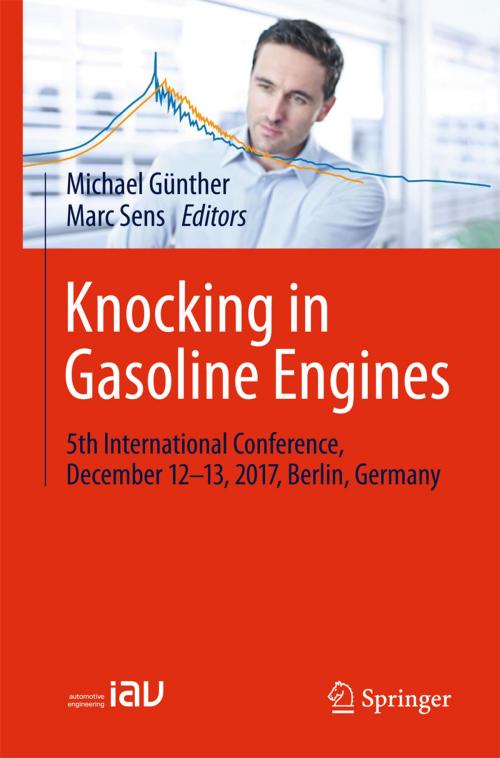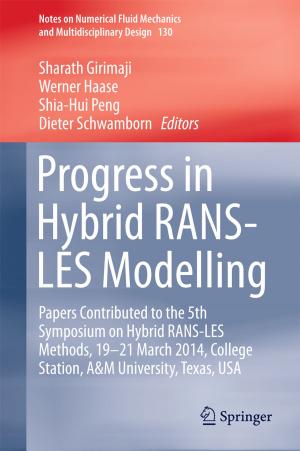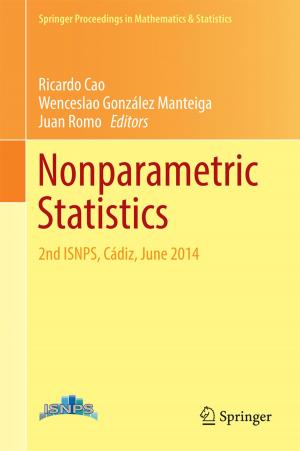Knocking in Gasoline Engines
5th International Conference, December 12-13, 2017, Berlin, Germany
Nonfiction, Science & Nature, Technology, Engineering, Automotive| Author: | ISBN: | 9783319697604 | |
| Publisher: | Springer International Publishing | Publication: | November 21, 2017 |
| Imprint: | Springer | Language: | English |
| Author: | |
| ISBN: | 9783319697604 |
| Publisher: | Springer International Publishing |
| Publication: | November 21, 2017 |
| Imprint: | Springer |
| Language: | English |
The book includes the papers presented at the conference discussing approaches to prevent or reliably control knocking and other irregular combustion events. The majority of today’s highly efficient gasoline engines utilize downsizing. High mean pressures produce increased knocking, which frequently results in a reduction in the compression ratio at high specific powers. Beyond this, the phenomenon of pre-ignition has been linked to the rise in specific power in gasoline engines for many years. Charge-diluted concepts with high compression cause extreme knocking, potentially leading to catastrophic failure.
The introduction of RDE legislation this year will further grow the requirements for combustion process development, as residual gas scavenging and enrichment to improve the knock limit will be legally restricted despite no relaxation of the need to reach the main center of heat release as early as possible. New solutions in thermodynamics and control engineering are urgently needed to further increase the efficiency of gasoline engines.
The book includes the papers presented at the conference discussing approaches to prevent or reliably control knocking and other irregular combustion events. The majority of today’s highly efficient gasoline engines utilize downsizing. High mean pressures produce increased knocking, which frequently results in a reduction in the compression ratio at high specific powers. Beyond this, the phenomenon of pre-ignition has been linked to the rise in specific power in gasoline engines for many years. Charge-diluted concepts with high compression cause extreme knocking, potentially leading to catastrophic failure.
The introduction of RDE legislation this year will further grow the requirements for combustion process development, as residual gas scavenging and enrichment to improve the knock limit will be legally restricted despite no relaxation of the need to reach the main center of heat release as early as possible. New solutions in thermodynamics and control engineering are urgently needed to further increase the efficiency of gasoline engines.















